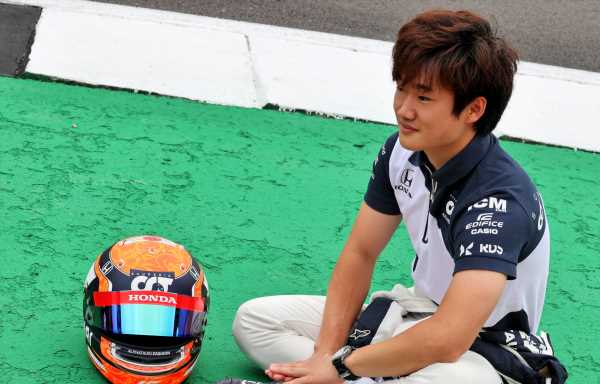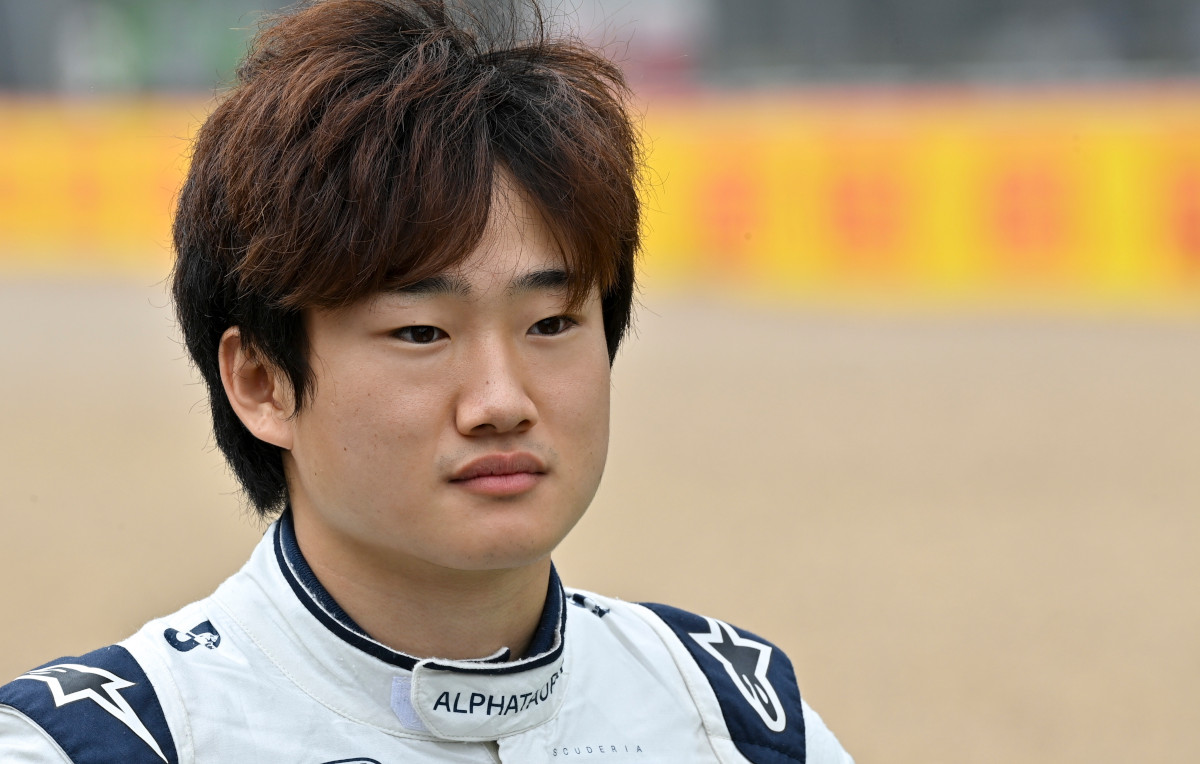Halfway through a mixed debut campaign, AlphaTauri technical chief Jody Egginton has defended Yuki Tsunoda’s “ups and downs”.
Arriving on the Formula 1 grid at the Bahrain Grand Prix, Tsunoda brought his AT02 home in ninth place and was hailed as Formula 1’s “best” rookie in years by F1 sporting boss Ross Brawn.
Red Bull advisor Helmut Marko billed the Japanese driver as a future World Champion.
That tune changed over the course of the first half of this campaign with Tsunoda’s mistakes leading Marko to tell him that his head isn’t just for his helmet, “but also to think.”
Tsunoda went into the summer break on the back of his best result of the season, a P6 in Hungary, bringing his tally to 18 points.
“If you consider any first-time driver in F1 who’s had any length of career, they have ups and downs,” Egginton told Autosport.
“I can think back to my time in previous teams where at the start of the season with a young driver, there was a mixture of exuberance and bad luck. And before you know it, you are five races in and scratching your head and going ‘what’s gone on there?’.
“It’s not unusual for me. It’s frustrating and challenging, but it’s not out of the blue.
“I think some of the added focus is on the fact that he had a good opening race. The car’s competitive, and then the expectation goes up, but you’re still on that same learning process.
“If you are in focus and towards the front when it happens all of a sudden the question marks and the questions seem to be a little bit more intense, but for me, I don’t see anything out of the ordinary.”
Check out all the latest AlphaTauri merchandise via the official Formula 1 store
Such is Tsunoda’s talent that the now-21-year-old has made a rapid rise through motor racing’s junior ranks.
He is not the first to do so but Egginton reckons these days it is a lot harder than it was when Kimi Raikkonen, with just 21 single-seater races to his name, broke into F1.
“Obviously he’s not the first with [Felipe] Massa, Raikkonen, other people like this doing it,” Egginton said.
“What is different now of course is the complexity of Formula 1. In terms of the driver work load, it is difficult to draw parallels to other instances.
“With the intensity of what you’ve got to pick up, what you’ve got to learn and also the rapid pace of development in F1 from an engineering and car development side, it just makes it more challenging.
“It wasn’t so many years ago where you could have a bit of a rough FP1 and recover it in FP2. Now if you miss track time, you are struggling to come back at it.
“If you’ve got a younger driver in the car, it is even harder, because that track time has more value. There is so much going on, but [Yuki] is on the learning curve, it’s a steep curve and he’s doing a fantastic job.”
Source: Read Full Article

